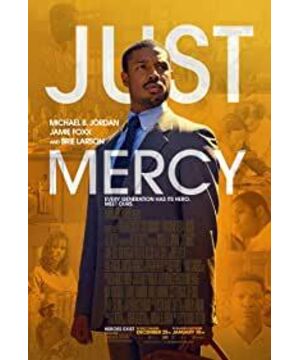Recently, the number of such films has increased. Polanski's "I Complaint" tells about the famous injustice cases in France at the end of the 19th century, and this is an important case in the American judicial circle in the 20th century. Both of them involve racial discrimination and judicial justice. The history is strikingly similar. Under the premise of judicial independence, there are still many unjust cases. Through these cases, I would like to share a few points from my own interpretation: First, don’t be superstitious that one system will solve all problems. At the end of the film, it is introduced that until the 1980s, 1/9 of the death sentences in the United States were wrongly sentenced. What a high percentage! In this film, we can see that these criminals did not have lawyers who were responsible for their rights at first, to the time when they had lawyers but failed to appeal several times. The system design should be in place, but racial discrimination and illegal operations are common; second, open The public opinion of the media has indeed played a positive role in revealing the truth. When I saw that the European court lost the case, I thought of public opinion. Sure enough, newspapers and televisions scrambled to report and disclose evidence. Lawyers used circuit courts to break local protectionism and Extreme racism limits the case, the key here is the perjury prisoner, that's my third point, the conscience of human nature, that guy is a tragic character, white trash, perjury out of fear of the death penalty, but conscious By the time he was about to kill an innocent father, conscience found out, and that district attorney, who started making mistakes in his own interest to keep the place safe until the lawyer pointed out that his place was both white and black. Respect the choice of evidence, so truth requires conscience, and making an honest choice with conscience is justice.
View more about Just Mercy reviews











